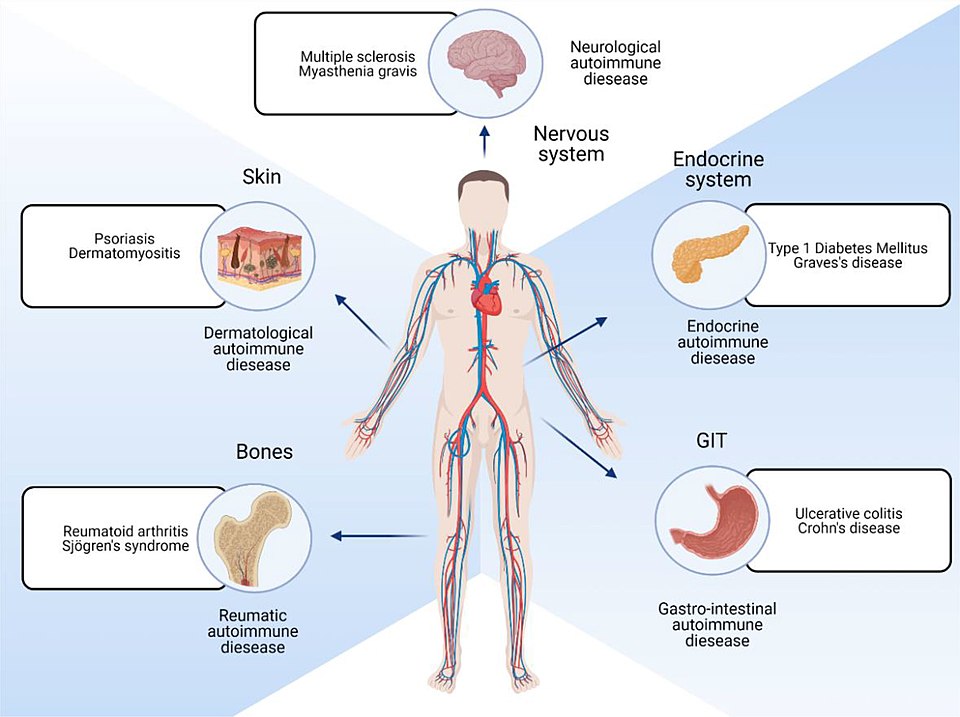Pig-to-human kidney transplants. A blood test for Alzheimer’s. Over-the-counter birth control. These are just a few of the medical advances that defined 2024—a year full of remarkable breakthroughs in health and science.
While much of the spotlight was on artificial intelligence and advanced computing, researchers across the globe made extraordinary progress in biology and medicine. Scientists learned how to replace heart valves with ones that grow as a child ages, developed a blood test for a disease that affects nearly one in nine older adults, and uncovered clues about why women are more susceptible to autoimmune conditions.
Here are seven of the year’s most impactful medical breakthroughs:
1. Birth Control Without a Prescription
In a historic first, the U.S. Food and Drug Administration approved Opill, a progestin-only birth control pill, for over-the-counter use—making it accessible to anyone, regardless of age, insurance, or doctor consultation.
Unlike traditional combination pills containing estrogen and progesterone, Opill uses only progestin, a synthetic hormone that tends to cause fewer side effects. It’s also considered safe for those who are breastfeeding or have health conditions like high blood pressure or a history of blood clots.
2. Growing Heart Valves for Babies
In a pioneering partial heart transplant, surgeons successfully implanted living heart valves into a baby born with malfunctioning ones. These valves, taken from a donor infant, retained their biological function—meaning they could grow and heal along with the child.
Traditional valve replacements, whether mechanical or biological, don’t grow with patients and often require additional surgeries. This new approach marks a significant advancement in pediatric cardiac care.
3. Pig-to-Human Organ Transplants

2024 saw major strides in xenotransplantation, or transplanting organs between species. In Boston, a genetically engineered pig kidney was successfully transplanted into a 62-year-old man. The pig had been modified to remove genes harmful to humans and include human-compatible ones.
In another case, New York doctors implanted both a pig kidney and thymus gland—designed to reduce organ rejection—into a human patient. Meanwhile, Chinese researchers implanted a pig liver into a brain-dead person and observed its function for 10 days.
Though patients in these trials died of unrelated causes, these groundbreaking surgeries offer new hope for the thousands waiting on organ transplant lists.
4. A Blood Test for Alzheimer’s
Diagnosing Alzheimer’s could soon be simpler thanks to a new blood test developed in Sweden. Known as PrecivityAD2, the test detects key biomarkers with about 90% accuracy.
Currently, confirming Alzheimer’s typically requires invasive spinal fluid tests or expensive brain scans, limiting accessibility. Though not yet FDA-approved or covered by insurance, this test could one day allow for faster, easier diagnosis and earlier treatment—particularly in primary care settings.
5. A Combo Vaccine for COVID-19 and Flu
Getting vaccinated might become a little easier. A combination RNA vaccine from Moderna that protects against both COVID-19 and influenza showed stronger immune responses than standalone vaccines during trials. It could become available as early as 2025.
Other companies are also working on similar vaccines, though not all trials succeeded. On the diagnostic front, the FDA approved an at-home test that detects both viruses in just 15 minutes using a nasal swab—helping people identify and treat symptoms faster.
6. Understanding Why Autoimmune Diseases Affect More Women
Autoimmune diseases such as lupus and rheumatoid arthritis disproportionately affect women—more than 78% of patients are female. In 2024, researchers identified a potential reason: a malfunction in the process that silences one of the two X chromosomes in women.
Everyone needs only one working X chromosome. Normally, women “turn off” the extra one in each cell. But when the protein responsible for this silencing misfires, it may trigger autoimmune responses. The findings mark an important step toward understanding gender disparities in immune-related illnesses.
7. A Drug to Reduce Peanut Allergy Reactions
For families living with food allergies, the FDA’s approval of omalizumab (Xolair) brought welcome relief. Long used to treat allergic asthma, omalizumab has now been approved to reduce severe allergic reactions to peanuts and other foods in children as young as one year old.
After four months of treatment, the drug significantly lowered the risk of reaction. However, it’s not a cure—patients must still avoid allergenic foods, and the treatment requires regular injections.
The Bottom Line
From gene-edited organs to life-saving diagnostics and treatments, 2024 was a year of extraordinary progress in medicine. These breakthroughs not only offer hope to millions but also point to a future where science is increasingly accessible, personalized, and powerful.




